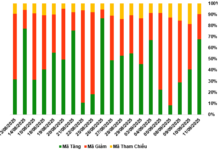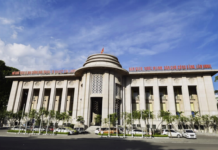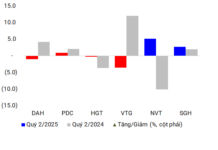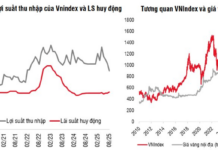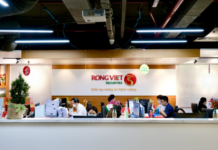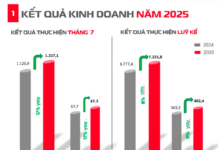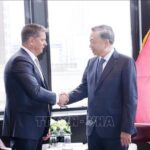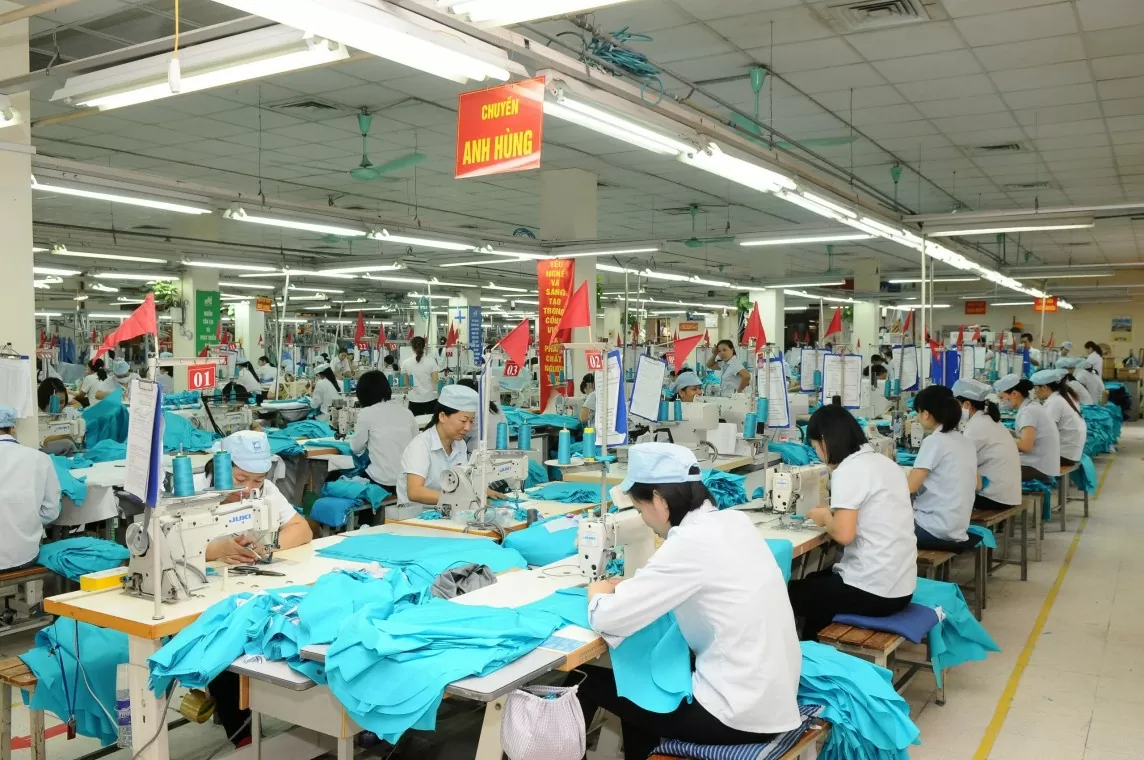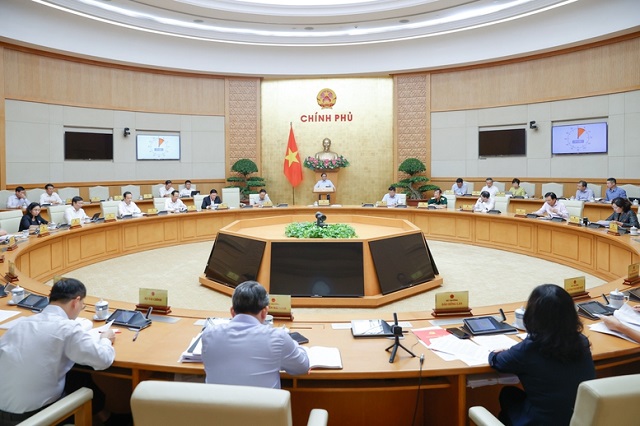
Prime Minister Pham Minh Chinh chairs the September 2024 Government Meeting on Law Building with important content – Photo: VGP/Nhat Bac
|
On the morning of September 23, Prime Minister Pham Minh Chinh chaired the September 2024 Government Meeting on Law Building with important content.
The meeting considered and gave opinions on four contents: The Draft Law on Amending and Supplementing a Number of Articles of the Law on Health Insurance; the Data Law Project; the proposal to build the Personal Data Protection Law; and the proposal to build the Law on Lawyers (amended).
This is the second Law-building Government meeting in September and the tenth meeting in 2024. The meeting was attended by Deputy Prime Ministers Tran Hong Ha and Le Thanh Long; ministers, heads of ministerial-level agencies, Government agencies; and leaders of ministries, sectors, and concerned agencies.
In his opening speech, Prime Minister Pham Minh Chinh clarified that building and perfecting the institution and law is one of the three strategic breakthroughs, and the institution is both a resource and a driving force for development.
According to the Prime Minister, at the 10th Central Committee meeting, the Central Committee discussed and requested that the breakthrough in institution building and perfection must be further promoted and strongly made. One of the reasons why a part of the officials is still pushing and afraid of responsibility and making mistakes is because of the institution. Therefore, it is necessary to remove institutional obstacles so that officials and civil servants dare to think, dare to do, and are not afraid of making mistakes. The Central Committee also agreed to strengthen human resources, physical facilities, and the regime of those who participate in making institutions.
The Prime Minister made clear the spirit of the 10th Conference of the 13th Central Committee, which is to promote decentralization and delegation of power; build a socialist rule-of-law state of the people, by the people, and for the people; avoid the situation where everything is “asked” from the higher level but must be based on regulations; not everything, even small things, must be submitted to the Central level for decision.
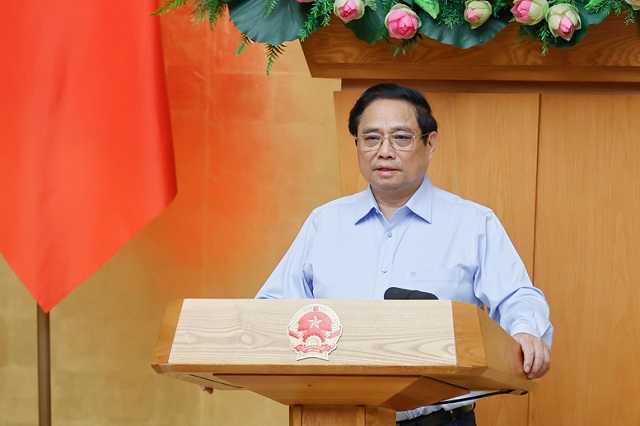
Prime Minister Pham Minh Chinh: Avoid the situation where small things have to be submitted to the Central level – Photo: VGP/Nhat Bac
|
The Prime Minister requested that ministers, heads of ministries and sectors, and heads of agencies must thoroughly grasp this spirit to remove difficulties and obstacles and promote stronger decentralization and delegation of power, along with the allocation of resources, while enhancing the responsibility and capacity of the lower levels.
The Prime Minister said that in his opening speech at the 10th Central Committee meeting, General Secretary and State President To Lam clarified that the spirit is that “localities decide, localities do, and localities take responsibility”; the Central Committee, the National Assembly, and the Government only issue mechanisms, orientations, and design monitoring and inspection tools; ministers and heads of sectors only deal with strategic issues, planning, and orientation of important development programs and directions for the country, and should not get involved in specific issues, which easily creates a “asking-giving” environment and leads to negative phenomena; the Central budget only invests in inter-regional, national, and international programs and projects; programs and projects at the provincial level are decided by the provinces and cities; it is necessary to promote administrative reform right in law making, which is reflected in the regulations of laws, circulars, and decrees.
Expressing dissatisfaction with a number of decrees that have been assigned to some ministries and sectors to complete early but have not been completed yet, the Prime Minister requested that ministers and sector leaders must promote the spirit of dedication to the country and the people and dare to think, dare to do, and dare to take responsibility.
Evaluating that internal administrative procedures are still cumbersome, the Prime Minister requested that if the time limit for collecting opinions of Government members is exceeded and there is no feedback, it must be considered as an agreement. “One of the leadership principles of the Party is that the minority obeys the majority,” the Prime Minister noted. Along with that, it is necessary to thoroughly reform and minimize administrative procedures and compliance costs for people and businesses.
To avoid the situation where the more laws are issued, the more difficult it is to implement them, Prime Minister Pham Minh Chinh requested that law building must strengthen management but also create an environment and space for development, not tighten and narrow it; when amending laws, we must be bold, and where there are obstacles, we must remove them; laws that overlap with each other are very difficult to implement and do not encourage innovation.
The Prime Minister gave an example and suggested that the leader of the Ministry of Construction consider the model of social housing development that is being actively implemented in some localities for replication; noted that in the emulation movements such as “Eliminating temporary and dilapidated houses,” it is also necessary to innovate in the form of “handing over the keys” to speed up.
Prime Minister Pham Minh Chinh requested that Government members, ministers, and sector leaders directly guide the work of law building; prioritize human resources, physical facilities, and financial resources for law building; promote a sense of responsibility, democracy, and administrative discipline; if anyone is afraid of responsibility, “stand aside”; ministries and sectors must give specific answers, not general ones, and the division of tasks must be “clear in terms of people, work, responsibility, time of implementation, efficiency, and products,” without avoiding or pushing responsibility; and, first and foremost, serve the 8th session of the 15th National Assembly.
SpaceX Plans to Invest Billions in Vietnam in the Coming Years
SpaceX’s Senior Vice President, Tim Hughes, has stated that Vietnam is a highly promising market for the company’s satellite internet development plans. The corporation intends to invest billions of dollars in the country in the coming years, recognizing the potential for growth and expansion within the Vietnamese market.



